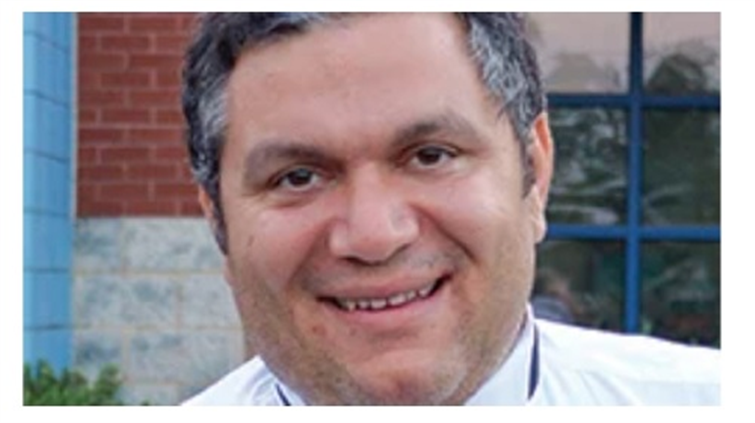14 May 2020
Dr. Ramy Harik one of the 20 most influential professors in smart manufacturing

الدكتور رامي حريق من بلدة بتغرين لبنان، هو من ضمن اكثر 20 أستاذًا مؤثرين في الصناعة الذكية في العالم بحسب ما أفاد موقع sme. وقد قام الدكور حريق بإنشاء مختبر للصناعات الذكية في جامعة ساوث كارولينا في الولايات المتحدة.
Innovation in smart manufacturing can come in a flash from a lightbulb moment, but those instances are few. More often than not, breakthroughs in technology, such as bioprinting, blockchain, cloud-based manufacturing and real-time production control, happen after years of careful study accompanied by painstaking, methodical work done sometimes in academic settings. That careful, plodding work is led by the people profiled in the following pages. All have earned doctorate degrees. Many of them count among their significant achievements not only their personal work but also the legions of students they have trained to be the next generations of innovators. In the end, all are people who ask not only “Why?” but also “Why not?”
Dr Rany Harik established the Future Factories laboratory at the University of South Carolina and would like to see academia contribute to smart manufacturing’s future by creating similar labs to form a network.
“The network would integrate fundamental concepts from cyber manufacturing, automation and advanced manufacturing to form an ecosystem where future students will be exploring and working with these concepts prior to graduation,” he said. Harik’s lab is a unique experimental platform that includes a concert of industrial equipment: robots, drones, real-time cameras, conveyors, smart glasses and augmented-reality devices.
The platform is digitized with an active digital twin, and a digital engine processing all the incoming data and running potential conflict/failure scenarios. He wants to continue innovating on the platform while basing an online curriculum for smart manufacturing on it.
“The Future Factories platform will be an active test bed for the online course,” he said. “I want to make this curriculum as widely available as possible to entice the future workforce on the topic of smart manufacturing and manufacturing jobs that are passionately intriguing.”
